Türkiye, Russia dominate Libya, challenge EU amid Europe's waning influence EU’s negative role in Africa fuels Borrell’s bid for control
The European Union's long-standing vision for a stable and EU-centric Mediterranean order is facing unprecedented challenges. Josep Borrell, EU's High Representative for Foreign Affairs and Security Policy, recently voiced his growing concern over the diminishing European influence in North Africa, particularly in Libya. Once a stronghold of European diplomatic and military presence, the region is now increasingly under the sway of non-Western powers like Russia and Türkiye, leaving the EU to grapple with its declining role on the continent.
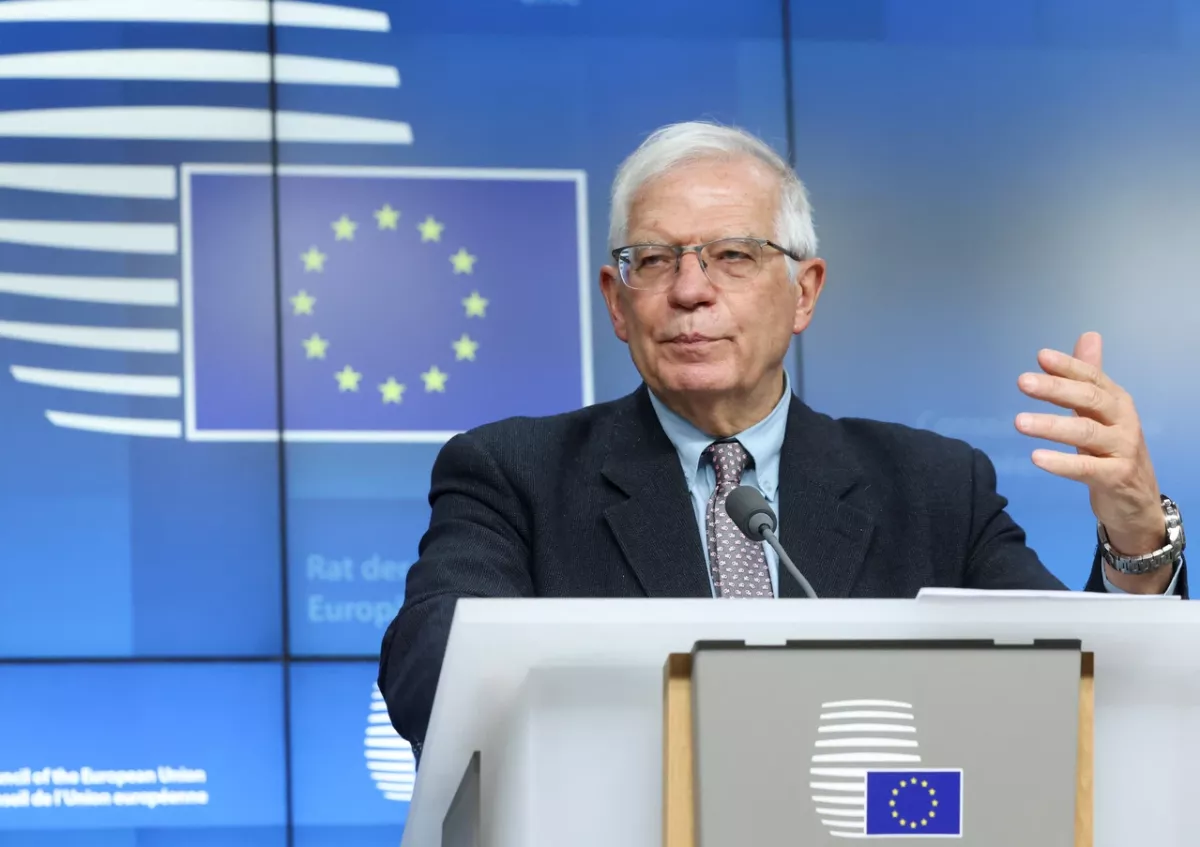
The crumbling of European influence in Libya
Libya, a key country in the EU’s Mediterranean strategy, has witnessed a dramatic shift in power dynamics. Once dominated by European nations, particularly France and Italy, Libya has seen these powers retreat, replaced by a more assertive Türkiye and Russia. Borrell highlighted this concern during the Quo Vadis Europa conference, lamenting that "the bases along Libya’s coast are no longer European; they belong to Türkiye and Russia. This is not the Mediterranean order we envisioned."
This shift is emblematic of a broader trend where the EU's influence is receding, particularly in areas where it once played a pivotal role in shaping security and governance. The collapse of the EU’s military missions in the Sahel, coupled with the loss of influence in Libya, underscores the weakening of Europe’s strategic hold over North Africa. The EU’s inability to maintain its presence in Libya has opened the door for Türkiye and Russia to establish themselves as key players in the region, often at the expense of European interests.
Türkiye & Russia: The new power brokers in Libya
Türkiye's involvement in Libya has been particularly significant. Through substantial military aid to the UN-backed government of Prime Minister Abdel Dubeibah, Türkiye has secured lucrative oil and gas exploration rights in Libyan waters, particularly those south of Crete. This military and economic partnership has effectively sidelined European nations, who have been unable or unwilling to match Türkiye's commitments.
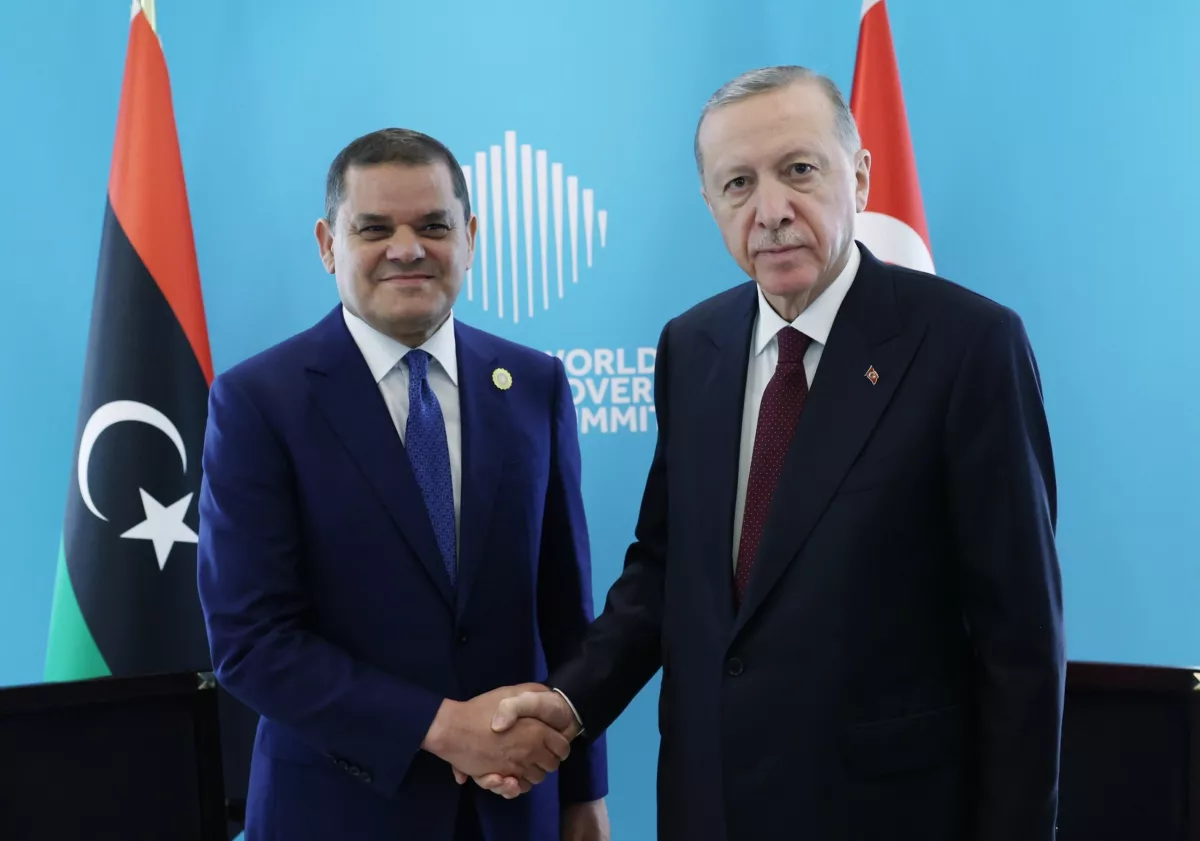
In addition to its military and economic influence, Türkiye has also promised to rebuild Tripoli’s international airport, which was destroyed in 2014 during heavy fighting. This reconstruction project, in collaboration with Italian companies, symbolizes Türkiye’s growing role as a key economic partner in Libya, further diminishing Italy’s historical influence in the region.
Russia, on the other hand, has concentrated its efforts on defense and security cooperation across Africa, with a particular focus on Libya. Utilizing its notorious mercenary arm, the Wagner Group, Russia has entrenched itself in the security apparatus of several African states, offering a form of partnership that the EU has struggled to counter. Russia’s presence in Libya is part of a broader strategy to expand its influence across the continent, often at the expense of traditional European powers.
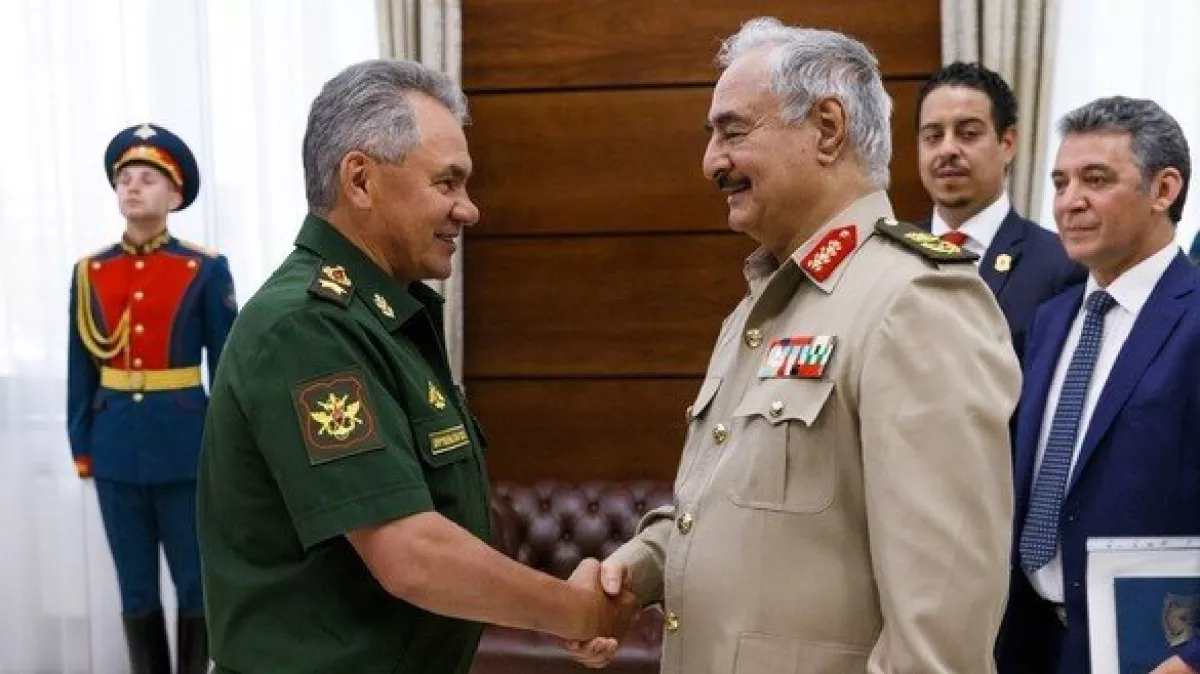
The broader implications of non-European influence in Africa
The encroachment of Türkiye and Russia in North Africa is not an isolated phenomenon. Middle-ranking powers such as the United Arab Emirates (UAE) and Saudi Arabia have also intensified their political and economic engagement with countries across the continent. These nations have stepped in where the EU has retreated, offering alternative forms of partnership that are often more aligned with the immediate needs and interests of African states.
This growing influence of non-Western powers in Africa has significant implications for the EU. Borrell’s concern is not just about the loss of European influence but also about the strategic realignment that is taking place in the Mediterranean and beyond. Once characterized by European dominance and stability, the EU's Mediterranean order is being reshaped by powers with different strategic objectives, potentially undermining the EU’s long-term goals in the region.
EU’s response: A struggle to regain influence
In response to these developments, the EU has attempted to reassert its influence in the region through various initiatives. One such effort is the series of ‘cash for migrant control’ deals brokered with Egypt, Tunisia, and Mauritania. These agreements offer budget support and investment in exchange for stronger border controls to prevent migrants from crossing the Mediterranean into the EU. While these deals are aimed at addressing immediate concerns about migration, they do little to counter the broader strategic influence that Türkiye, Russia, and other powers are exerting in the region.
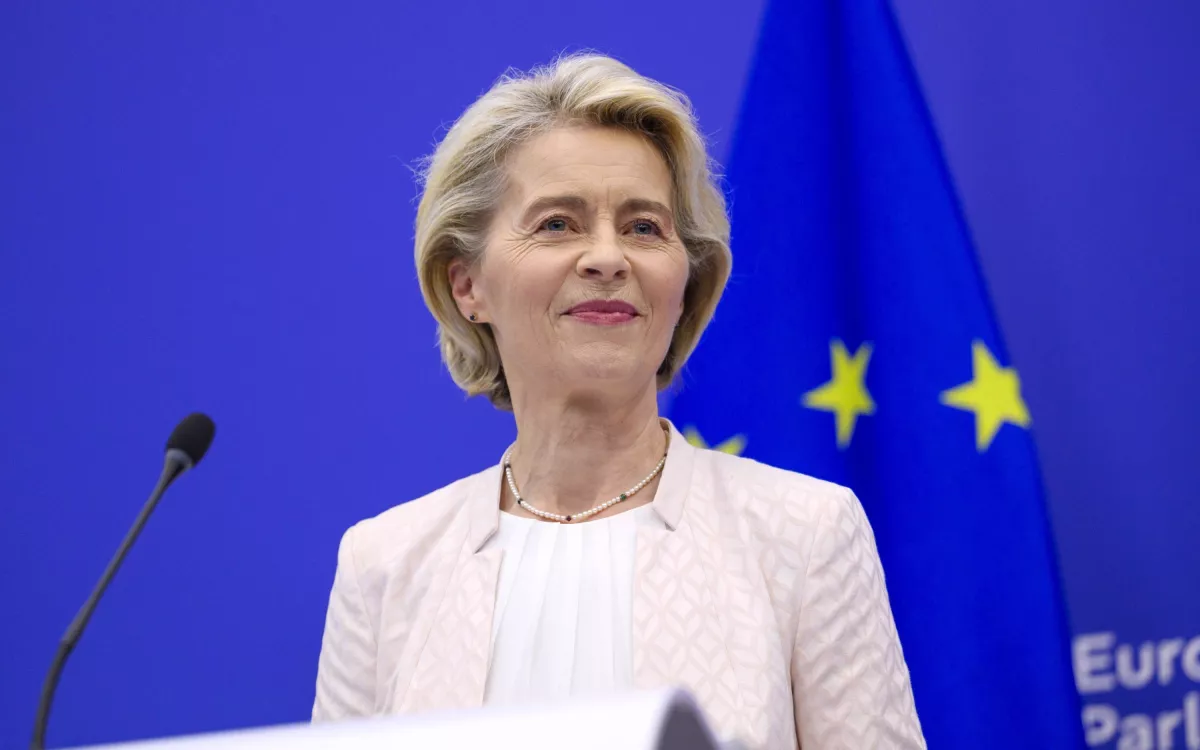
EU Commission President Ursula von der Leyen has also proposed the creation of a commissioner for the Mediterranean, a new office that would prioritize relations with North African neighbors. This position is intended to focus on investment, partnerships, economic stability, job creation, energy, security, and migration – areas where the EU hopes to regain its footing. However, the effectiveness of this initiative remains to be seen, particularly given the entrenched presence of non-European powers in the region.
The EU’s Africa policy: A question of legitimacy & efficiency
The EU’s struggle to maintain its influence in Africa raises important questions about the effectiveness and legitimacy of its Africa policy. Historically, the EU has positioned itself as a key actor in African development, governance, and security. However, the current situation suggests that the EU’s approach has been flawed, leading to its diminished role in key regions like North Africa.
Critics argue that the EU’s failure in Africa is partly due to the legacy of its member states, particularly France, whose actions in places like Libya have contributed to the instability that now plagues the region. France’s role in the Libyan civil war, for example, has been heavily slammed for exacerbating the conflict and creating a power vacuum that non-Western powers have been quick to fill.
Moreover, the EU’s approach to Africa has often been rapped for being overly focused on security and migration control, at the expense of addressing the underlying economic and political challenges facing the continent. This narrow focus has left the EU ill-equipped to compete with the more comprehensive and flexible partnerships offered by Türkiye, Russia, and other non-European actors.
A new Mediterranean order in the making?
The rise of Türkiye, Russia, and other non-Western powers in North Africa and the wider Mediterranean region marks a significant shift in the geopolitical landscape. The EU, once the dominant force in the region, now finds itself sidelined in key areas like Libya, where its influence has all but vanished. Josep Borrell’s concerns about the EU’s declining role in Africa reflect a broader anxiety about the future of Europe’s strategic interests in the region.
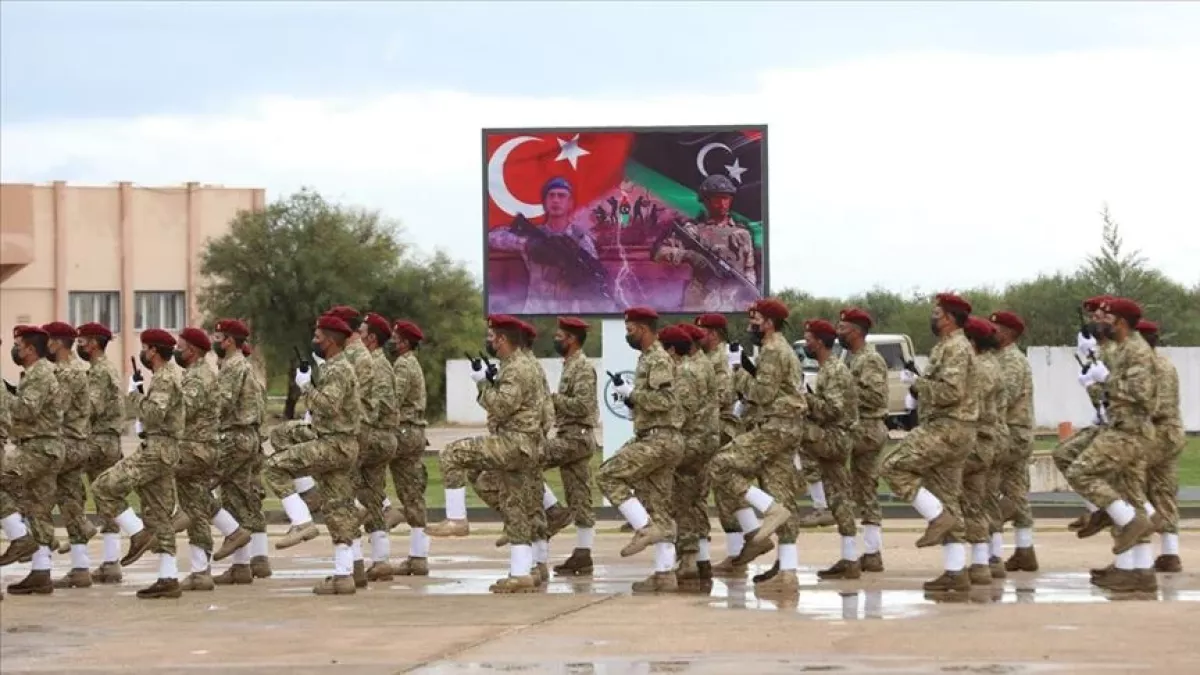
As the EU grapples with these challenges, it must reconsider its approach to Africa and the Mediterranean. Creating a commissioner for the Mediterranean and the pursuit of ‘cash for migrant control’ deals are steps in this direction. Still, they may not be enough to counter the growing influence of non-European powers.
Once characterized by stability and European dominance, the EU's Mediterranean order is being reshaped by forces beyond its control. Whether the EU can adapt to this new reality remains to be seen.








